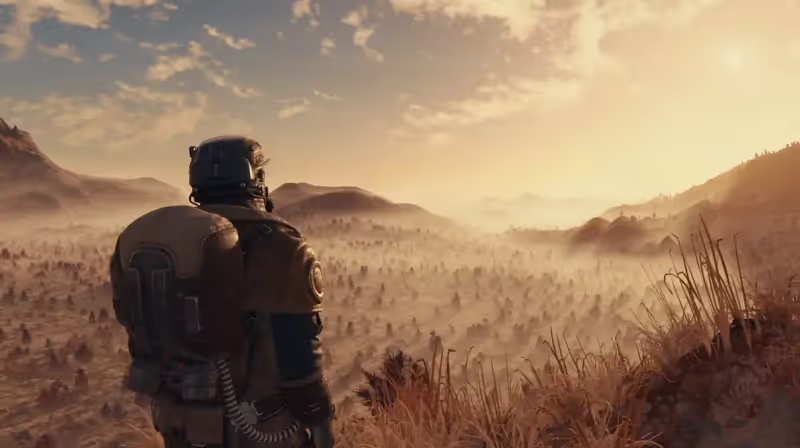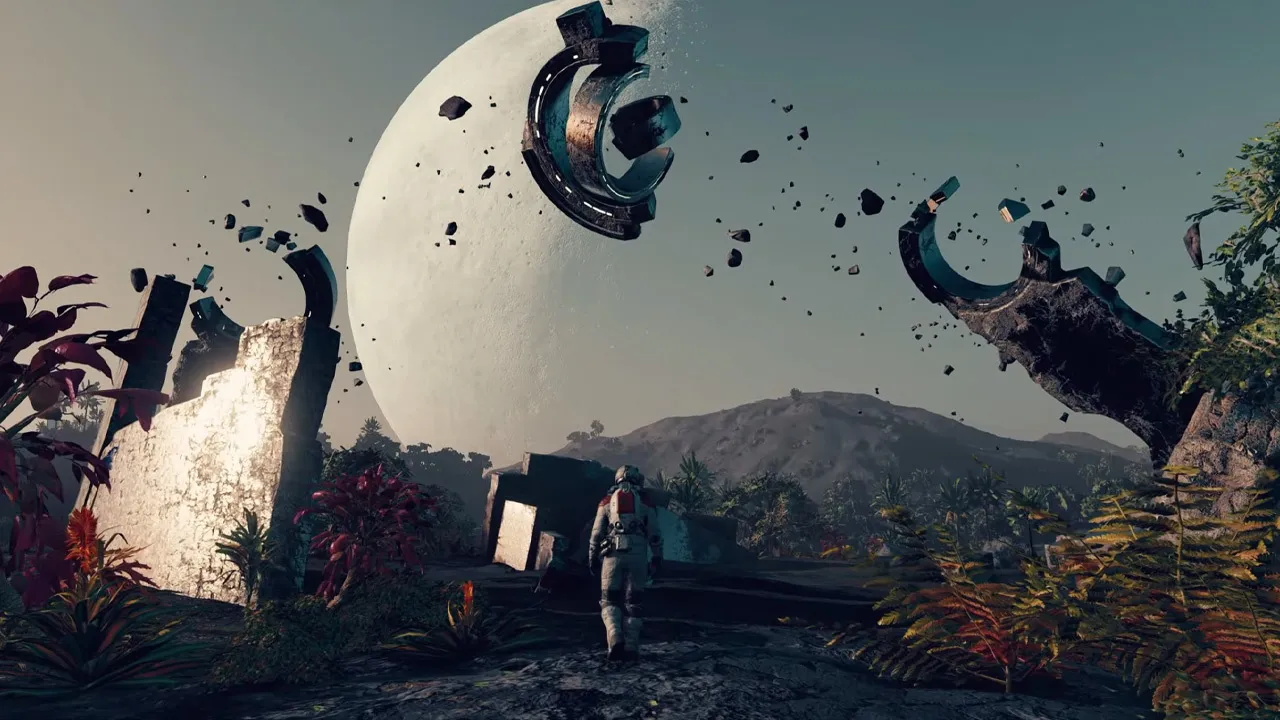
The anticipation surrounding Starfield's release has prompted questions about the possibility of ongoing gameplay after completing the main narrative. Addressing this query, Bethesda, the developer behind the much-anticipated game, has shed light on the matter.
As Starfield garners attention for being Bethesda's most expansive game to date, it's natural for prospective players to ponder whether they can continue playing once the main story concludes. The game is poised to offer an extensive array of content spanning hundreds of hours in a single playthrough. Determining whether players should prioritize side quests before or after the main narrative can significantly impact their gameplay strategy. Fortuitously, Bethesda has offered a definitive response to this query.
Traditionally, in numerous previous Bethesda titles, players have opted to engage in a majority of side quests prior to concluding the main storyline. This approach yields various benefits, including skill and gear progression that aids in tackling the usually challenging final encounter. Occasionally, for completionist endeavors, as seen in Fallout 3 where the story ceased with the credits, completing side quests first became imperative. Post-credits gameplay was introduced later via the Broken Steel DLC. Happily, Starfield will avoid this constraint.
Pete Hines from Bethesda has confirmed that, similar to many of the studio's prior single-player titles such as Fallout 4 and Skyrim, players will indeed have the option to continue playing after finishing the main quest in Starfield, according to a report by GameSpot. While this feature's existence is consistent with Bethesda's game design philosophy, the confirmation brings assurance. Nevertheless, a new twist unique to Starfield may influence players' approach. Hines shared his experience of beginning Starfield by delving into side quests first, a conventional approach in Bethesda games. However, upon encouragement to engage with the main narrative, he discovered that Starfield's true essence shines brightest post-main story conclusion.
Unveiling New Horizons Post-Main Quest in Starfield A depiction of a Starfield character clad in a space suit, suspended within a mysterious ring that seems to warp the surrounding stars. The revelation that Starfield unlocks new gameplay vistas after the main quest's completion introduces a potential paradigm shift for players' strategies. Fans of Bethesda's previous titles, accustomed to playing in a manner akin to their experiences with Skyrim, might find themselves as surprised as Pete Hines when encountering the uncharted territories Starfield has in store beyond the main storyline.

While the precise nature of this additional content remains shrouded in mystery, precedents in Bethesda's earlier games suggest the presence of post-main quest material. In Fallout 4, for instance, the quest "In Sheep’s Clothing" activates following the main story's conclusion, contingent upon the choices made during the playthrough. Although not as transformative as Hines suggests Starfield's content to be, this example illustrates Bethesda's initial approach to post-story engagement.
Clues about the nature of Starfield's post-main quest content have surfaced. Reports confirm that the game is set to receive story expansions and downloadable content (DLC), with the initial offering titled "Shattered Space" available within Starfield's Premium Edition. In light of Hines' insights, it is plausible that "Shattered Space" and other expansions will unfold after the events of the main story. This implies that the player character and Constellation, integral elements of Starfield, endure the main quest's culmination and embark on fresh adventures influenced by the narrative's outcome. This dynamic concept adds layers to the concept of choice, particularly regarding potential multiple endings.








